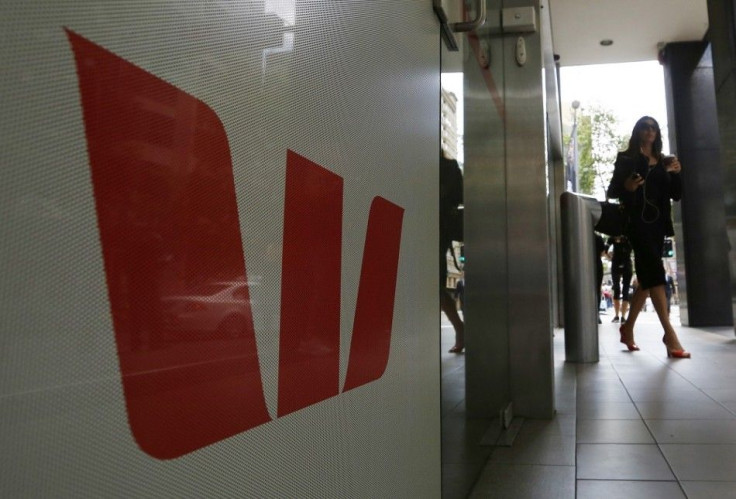GE to sell AU$41 billion specialty finance business to Wells Fargo

General Electric Co has announced that it will offload most of its financing business and sell its commercial lending and leasing businesses worth more than US$30 billion (AU$41 billion) to Wells Fargo & Co.
The sale price of the deal has not been disclosed. But it involves three businesses -- commercial distribution finance, vendor finance and corporate finance. About 3,000 GE employees of those businesses will move to Wells, post-deal, GE said.
Cash cow
GE Capital was literally a cash cow for the corporation and it accounted for 42 percent of its profit in 2014. The most significant wing that is going to remain with GE Capital will be its franchise finance unit, which has US$5.5 billion (AU$7.64 billion) worth of assets. The transaction is expected to be completed in the first quarter of 2016, GE said, Reuters reported. Goldman Sachs and Credit Suisse advised GE on the deal.
Victim of hard regulation
An insight into the things that led to the sale has been supplied by Wall Street Journal report. Thanks to decades of light federal regulation and access to cheap capital GE Capital was able to compete with big banks for investments around the world, the report said.
After years of lending to investors who were sensitive the risks and stagnant stocks, Chief Executive Jeffrey Immelt in early 2015 decided to unwind GE Capital. He announced this at a board meeting in February 2015, which was agreed by the directors. On April 2, they all voted in favor of it, repored the Wall Street Journal.
Effectively, the dismantling of GE Capital looks like a byproduct of Washington’s hardened approach to banking sector after the global financial crisis of 2008.
The business model of GE Capital had been loan business funded by debt, which mainly comprised of money borrowed through short-term instruments called IOUs or commercial paper. But that market froze after the financial crisis as soon as the government stepped in with the resolve never to see the repeat of such a mess.
The financial legislations that followed eliminated GE Capital’s longtime regulator, the Office of Thrift Supervision. Replacing it was the Federal Reserve that re-designated GE Capital as a ‘systemically important financial institution’ crimping its access and use of borrowed money. GE admitted that the new federal rules have left its banking business shrunk by lower returns than the industrial side.
So the deal effectively displaces GE capital, which was the country’s seventh-largest bank. The Fed has refused to discuss its relationship with GE, the report said. However, a spokeswoman with GE Capital said the firm “has an ongoing, positive and constructive relationship with our regulators and looks forward to continuing to work with them. Our relationship with the Fed has led us to be a better and stronger company.”
For feedback/comments, contact the writer at feedback@ibtimes.com.au or let us know what you think below.





















